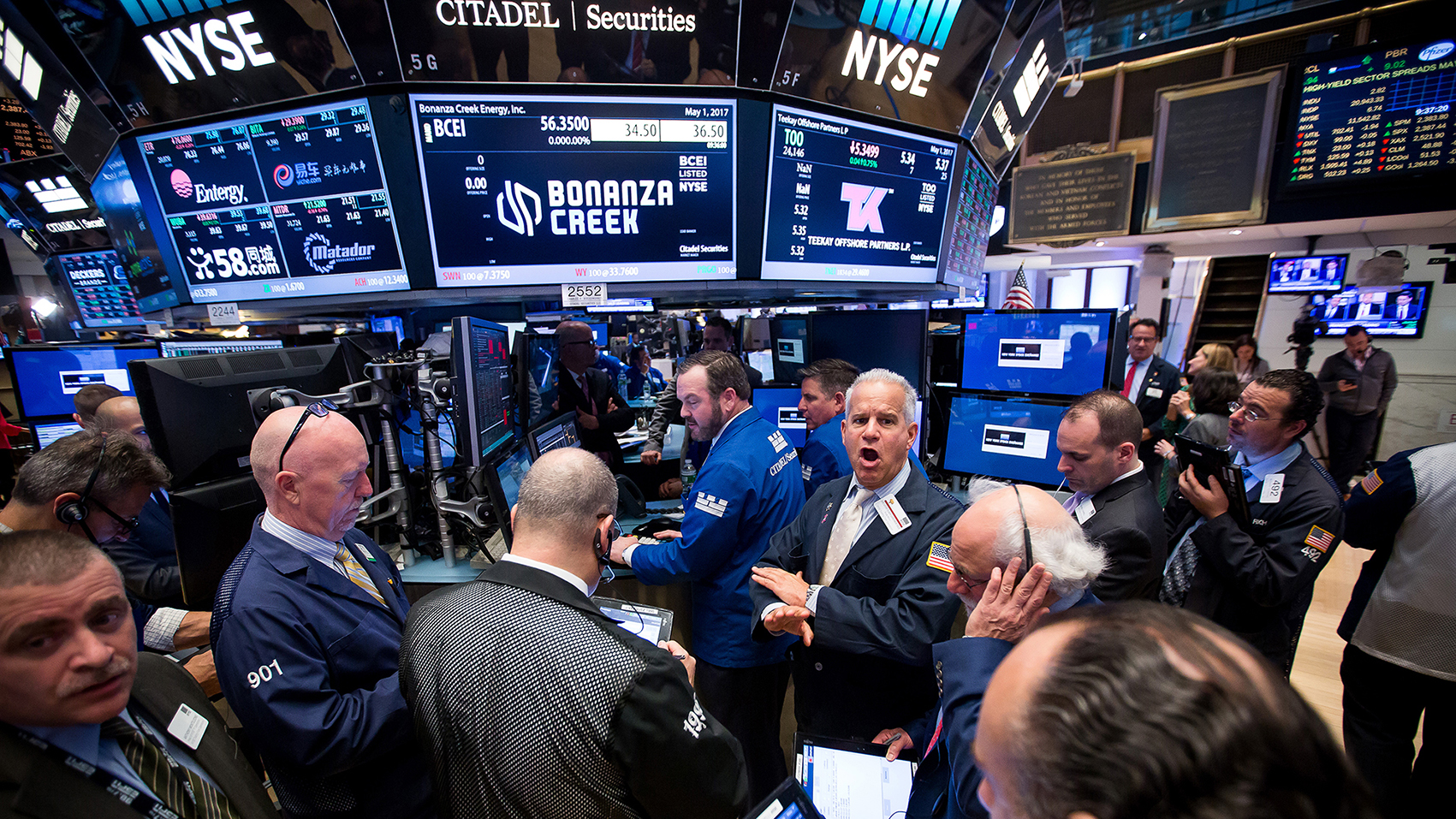The global economy is expected to “heat up” in 2018 on the back of increasing economic activity, following a period of “Goldilocks” investment conditions (neither too hot nor too cold), according to Standard Chartered.
“Growth accelerated in 2017, but inflation did not,” Steve Brice, chief investment strategist at Standard Chartered Bank said in a report. “We believe a gradual heating up of the global economy is likely in 2018, with robust economic growth and inflation finally increasing, ” Bloomberg reported.
Last year was characterized by favorable conditions created by strong economic growth and limited inflation, according to the bank’s 2018 Wealth Management Advisory Outlook. This is expected to continue throughout the early part of 2018, but it “cannot go on forever”, the lender said.
Further into the year, the economy will see a gradual pivot to a more reflationary state, combining stronger economic growth with increasing inflation due to rising commodity prices and declining slack in the economy—whether in labor or product markets.
A sharper than expected inflation rise would mean the fiscal environment “turns too hot”, putting upward pressure on interest rates and bond yields and forcing central banks to tighten policy more aggressively than markets expect.
“It will be increasingly difficult for investors relying predominantly on bonds to generate the level of total returns witnessed in the recent past, even on a leveraged basis, as rising yields will lead to lower prices,” the report said.
Tilting Towards Equities
Despite lower valuations, continued earnings growth means equity markets and corporate bonds will continue to do well, with room to extend gains in 2018.
The bank said equities is its “preferred asset class”, offering above-average gains in most regions.
“We suggest investors continue to tilt towards equities, which generally do well in the late stage of the economic cycle, as we do not believe valuations are a constraint to a strong performance in 2018,” said Gautam Duggal, Standard Chartered Bank’s regional head of wealth management for Africa, the Middle East and Europe.
For those investing in bonds, emerging markets bonds are the preferred instrument, supported by an expected weakening of the US dollar—“the end of a bullish USD super-cycle”, the report said. In particular, emerging markets bonds offer an attractive balance between yield and quality.
The bank said recession is unlikely in 2018, with global growth expected to remain “relatively strong” in Europe and most emerging markets with the exception of China, where growth is weakening.
However, in addition to increasing exposure to pro-growth assets, Standard Chartered said it advises investors to consider less volatile investment strategies to improve risk-reward profiles.
“To contain potential downside risks, we advise investors to progressively increase allocations to diversified alternative strategies, likely to be less volatile than traditional asset classes,” Duggal said.
Global PMI in 2017
The global economy ended 2017 on a buoyant note, according to PMI survey data. Current business activity growth gained momentum and rising inflows of new orders suggest that business will start 2018 on the front foot, Seeking Alpha reported.
The brighter outlook and signs of stretched capacity led to the largest rise in employment for a decade. Price pressures meanwhile remained elevated, reflecting improved pricing power amid robust demand.
The headline JPMorgan Composite Output PMI, compiled by IHS Markit from its various national PMI surveys, hit 54.4 in December, up from 54.1 in November and its highest since March 2015. The average PMI reading for 2017 as a whole indicated the strongest annual performance since 2014.
The latest surveys are running at a pace broadly consistent with global gross domestic product growth accelerating to an annual rate of just over 2.5% at market prices in the fourth quarter.
An improvement in inflows of new business, which showed the largest monthly rise since June 2014, bodes well for the upturn to gather further momentum in January. With levels of outstanding business (orders not yet started or completed) showing the largest monthly rise for four years, the surveys also point to global operating capacity being stretched by the recent upswing in demand.
Companies added to their payrolls in increasing numbers to help cope with the improved demand. Employment showed the largest monthly gain since December 2007, also rounding-off the best year of worldwide jobs growth for a decade.


